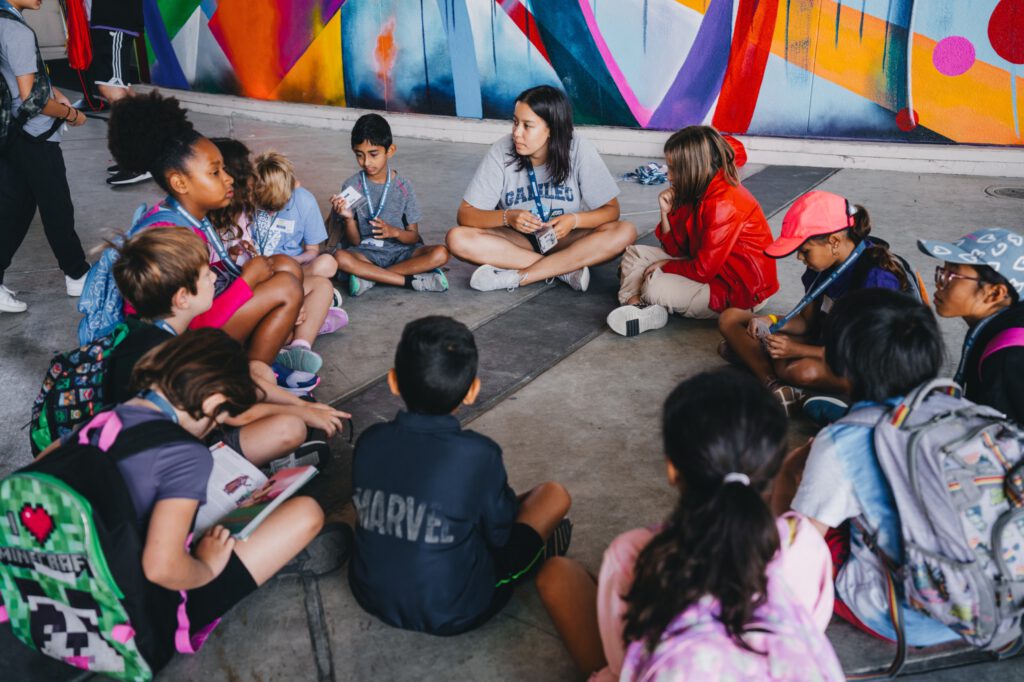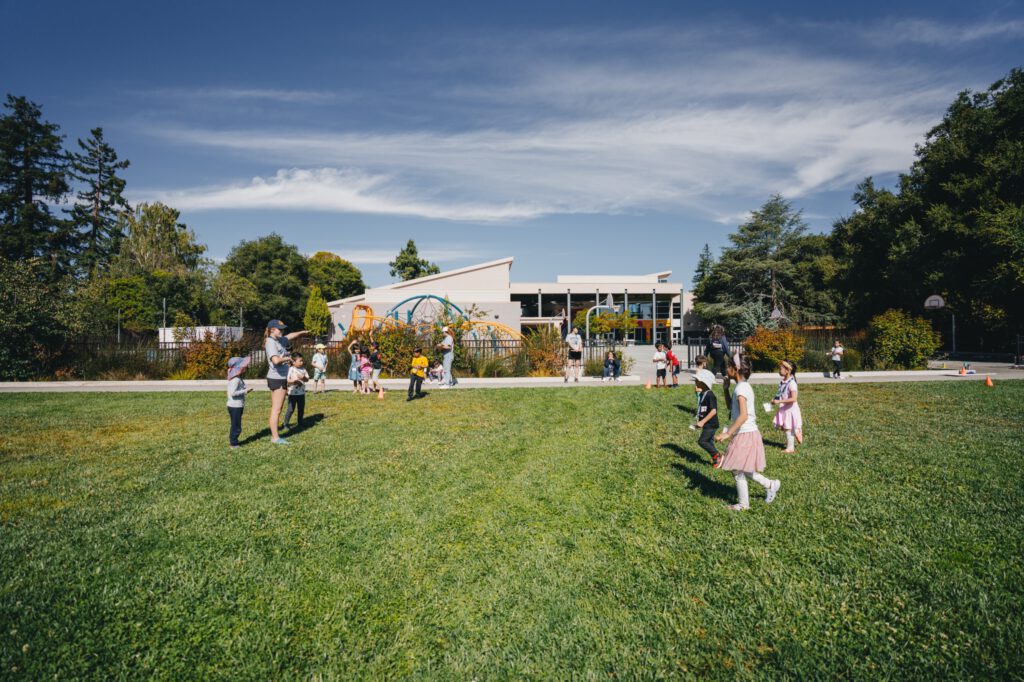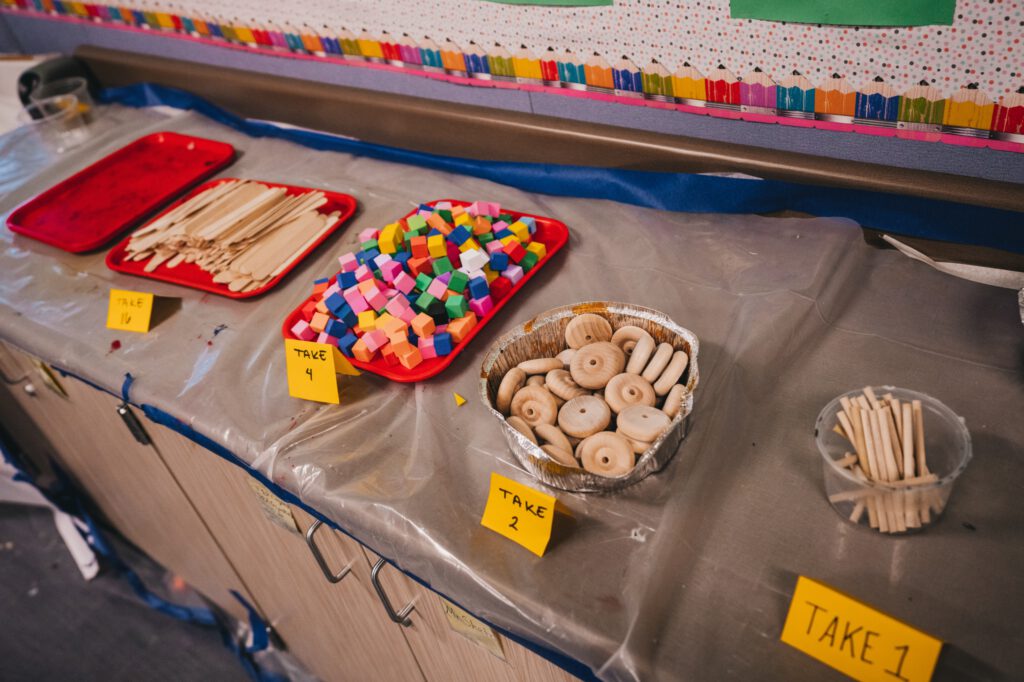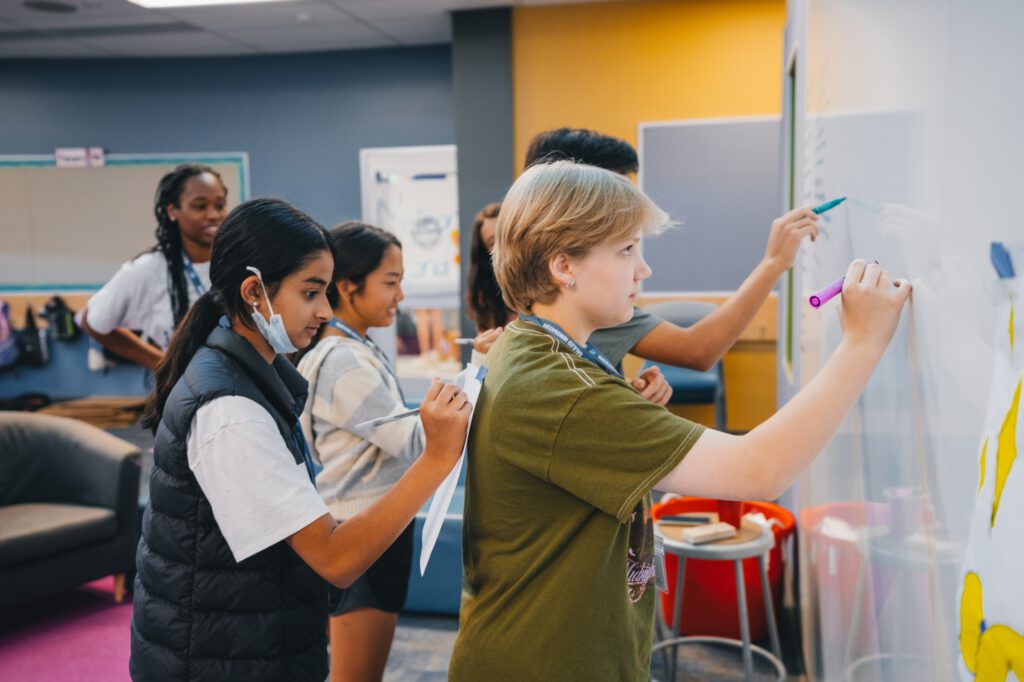Summer — the word itself paints an image: the bright sun; the green grass; the long, hot, lazy days. But for middle school kids, it also means freedom from the alarm clock, the homework and the learning. Or does it? Though school is out, summer is the ideal time continue learning outside of the traditional classroom. Parents certainly recognize the need to relax and veg out in the summer, but many also recognize it as an opportunity to learn something new and meaningful. So, just before those hot, sunny days are fully upon us is the ideal time to help your middle schoolers set some goals for summer learning and to participate in the kinds of unique learning opportunities that they wouldn’t get to experience during the school year.
Timing is Everything
It is easy to overlook the importance of the middle school years in academic development. Kids have learned their basic literacy and numeracy skills, but are not yet involved in college prep. But a study published by ACT warns that failing to seize this opportunity for critical skills and behavior development may be a mistake. In The Forgotten Middle: Ensuring that All Students Are on Target for College and Career Readiness before High School, researchers found that “the level of academic achievement that students attain by eighth grade has a larger impact on their college and career readiness by the time they graduate from high school than anything that happens academically in high school.” Somehow, middle schoolers spending an entire summer idle and without any intellectual stimulation doesn’t seem like such a good idea anymore.
The ACT research looked at the impact of various interventions in English, math, reading and science, and determined that regardless of ethnicity or socioeconomic level, improving academic achievement by eighth grade was more beneficial than any attempts to raise achievement levels in high school. Being on target by the end of eighth grade was more impactful than students’ background, the courses they take in high school or how well they do in those courses. Additionally, they cited not only skills development, but behaviors and mindsets as crucial to supporting academic success, and the middle school years are a prime time to cultivate these. Kids who are not well-prepared fail to reap the full benefits of their high school experience.
Behaviors and Mindsets That Support Middle School Success
Besides specific academic competencies, ACT looked at ten behaviors that support academic achievement and identified two as having “substantial impact” on successful course completion in middle school. They are orderly behavior and academic discipline, which has three key components:
- Planning and Organization – kids with strong planning and organizational skills can break a process down into steps and effectively plan to accomplish them. They are skilled in time management, able to prioritize and have strategies for learning new things.
- Follow-through and Action – kids skilled in this component are able to maintain engagement to complete their plan, evaluating and re-adjusting as they go. They are confident and independent enough to take action.
- Sustained Effort – the ability to remain focused in order to accomplish long-term goals is an important component of academic discipline. Kids capable of sustained effort can manage distractions, remain on task and persevere through challenges and setbacks.
Helping Your Kids Set Summer Learning Goals
Since the middle school years have been identified as so important to college and career readiness, parents will want to help kids set some learning goals that not only prevent summer learning loss but also give them an edge once school resumes in the fall. Summer is a great time to schedule some alternative learning. For some kids, particularly those with academic challenges, this could mean attending summer school. The opportunity to strengthen language arts or math skills could definitely give them a boost.
But for those who don’t partake in summer school, setting their sights on a learning goal of their choice is an empowering and exciting opportunity. An educational summer camp is a great option for kids to activate learning centers in the brain while pursuing an interest or passion. Perhaps they want to sharpen their technology skills or learn to code a new programming language. Maybe they want to learn to cook or acquire some carpentry or circuitry skills. Or maybe they have an interest in sharing their ideas through video production. Whatever their current interests, they can delve even deeper into their subject of choice or even try something entirely new to them.
Galileo Summer Quest provides big fun while immersing middle school kids in high-interest learning projects that strengthen their confidence and innovative mindset. Practicing soft skills in realistic contexts helps kids take ownership of them. Each GSQ major is grounded in the Innovator’s Process, scaffolded steps that help kids experience success. It teaches kids planning and organization, action and follow-through and helps them sustain effort to accomplish their goals, precisely the skills that ACT identified as so important for academic success.
Now is the Time
There is no time like the present to help middle school kids set some learning goals for the summer, and it need not be a chore or a struggle. Taking advantage of a summer camp program that strengthens kids’ academic discipline is a way to keep them on track academically while preserving the fun and recreation that characterize summer. The more practice kids have developing and using skills in a variety of contexts, the more ready they will be to tackle the rigors of high school, and ultimately be college- and career-ready as well.
Help your kids accomplish summer learning goals at a Galileo Summer Quest camp in your area: San Francisco, Southern California, and Chicagoland. Register for a camp session or sign up for our mailing list to keep up-to-date with camp happenings and innovation resources. Or, for more information about Galileo camps, contact us here.





